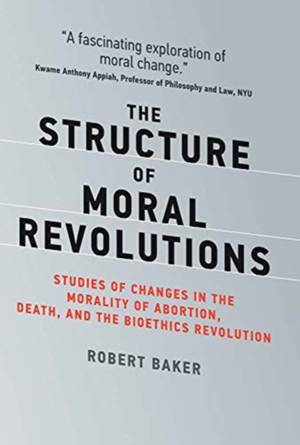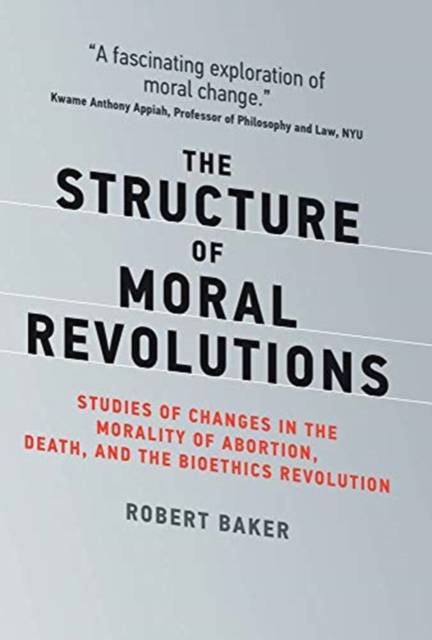
- Retrait gratuit dans votre magasin Club
- 7.000.000 titres dans notre catalogue
- Payer en toute sécurité
- Toujours un magasin près de chez vous
- Retrait gratuit dans votre magasin Club
- 7.000.0000 titres dans notre catalogue
- Payer en toute sécurité
- Toujours un magasin près de chez vous
The Structure of Moral Revolutions
Studies of Changes in the Morality of Abortion, Death, and the Bioethics Revolution
Robert BakerDescription
We live in an age of moral revolutions in which the once morally outrageous has become morally acceptable, and the formerly acceptable is now regarded as reprehensible. Attitudes toward same-sex love, for example, and the proper role of women, have undergone paradigm shifts over the last several decades. In this book, Robert Baker argues that these inversions are the product of moral revolutions that follow a pattern similar to that of the scientific revolutions analyzed by Thomas Kuhn in his influential book, The Structure of Scientific Revolutions.
After laying out the theoretical terrain, Baker develops his argument with examples of moral reversals from the recent and distant past. He describes the revolution, led by the utilitarian philosopher Jeremy Bentham, that transformed the postmortem dissection of human bodies from punitive desecration to civic virtue; the criminalization of abortion in the nineteenth century and its decriminalization in the twentieth century; and the invention of a new bioethics paradigm in the 1970s and 1980s, supporting a patient-led rebellion against medical paternalism. Finally, Baker reflects on moral relativism, arguing that the acceptance of "absolute" moral truths denies us the diversity of moral perspectives that permit us to alter our morality in response to changing environments.
Spécifications
Parties prenantes
- Auteur(s) :
- Editeur:
Contenu
- Nombre de pages :
- 336
- Langue:
- Anglais
- Collection :
Caractéristiques
- EAN:
- 9780262043083
- Date de parution :
- 12-11-19
- Format:
- Livre relié
- Format numérique:
- Genaaid
- Dimensions :
- 155 mm x 231 mm
- Poids :
- 566 g

Les avis
Nous publions uniquement les avis qui respectent les conditions requises. Consultez nos conditions pour les avis.






